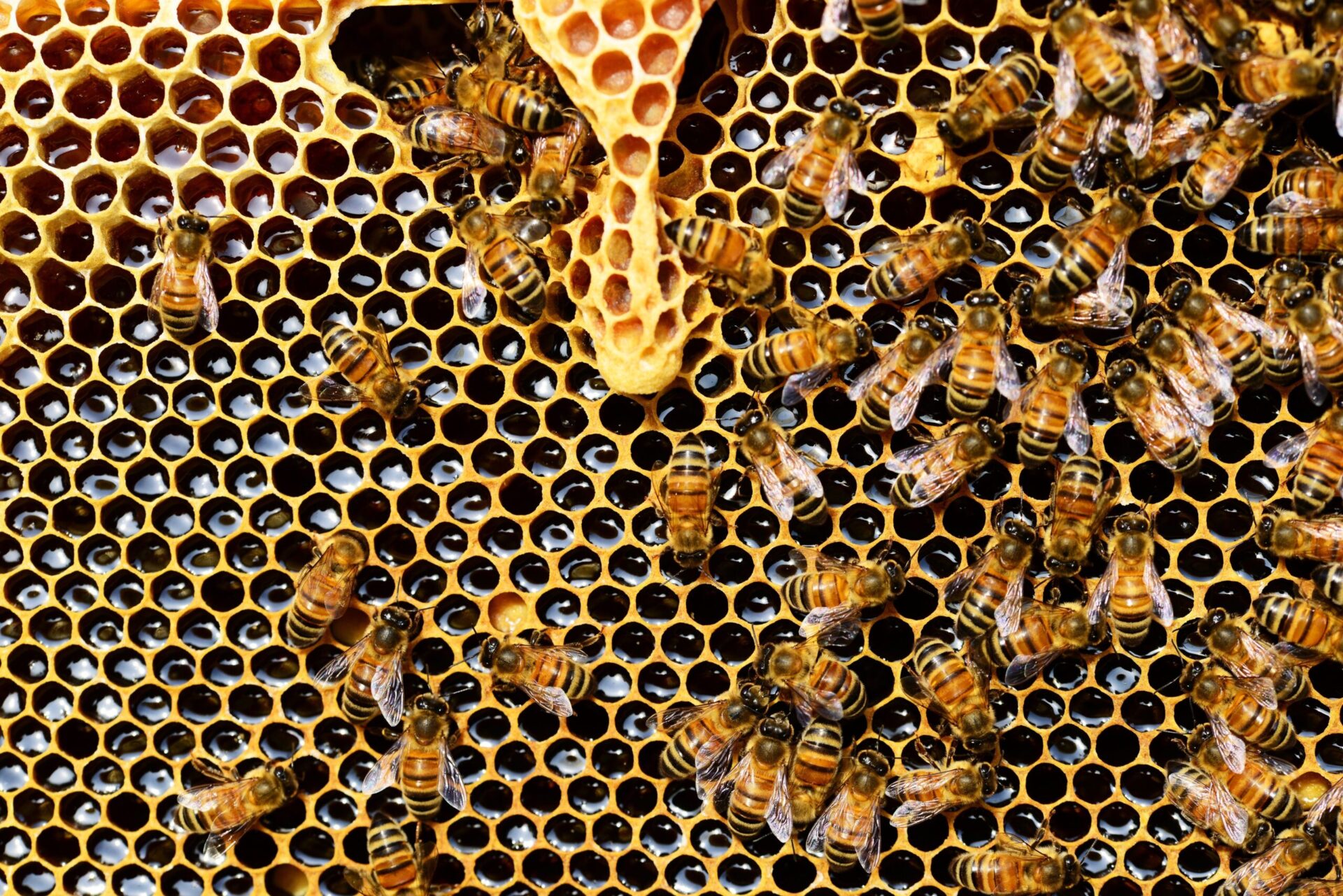
20 May World Bee Day 2023
Buzzing with Life: Celebrating World Bee Day with Fascinating Bee Facts
15th May 2023
Welcome to the hive of knowledge as we join hands in celebrating World Bee Day!
Bees, those tiny creatures with delicate wings and a relentless work ethic, play an extraordinary role in our ecosystem. From pollinating flowers to producing golden liquid ambrosia, these industrious insects have captivated human fascination for centuries. On this special occasion, we embark on a buzzing journey to explore the intriguing world of bees and uncover the remarkable facts that make them an indispensable part of our planet’s biodiversity.
Every year on May 20th, World Bee Day serves as a global reminder to appreciate and protect these tireless workers. Declared by the United Nations to raise awareness about the importance of bees and other pollinators, this day invites us to delve into the intricate web of life that revolves around these magnificent insects.
In this blog, we will unravel the secrets hidden within the buzzing symphony of a beehive. We’ll delve into the remarkable societal structure of a bee colony, discover the intricate dance language that guides their foraging adventures, and marvel at their role as nature’s pollinators. Along the way, we’ll also explore the awe-inspiring diversity of bee species around the world and their fascinating adaptations to various environments.
Whether you’re an amateur nature enthusiast, a seasoned beekeeper, or simply someone eager to learn more about these buzzing marvels, this content is crafted with you in mind. Prepare to be astounded by the incredible world of bees as we embark on a journey of discovery together.
So, put on your metaphorical bee suit, grab a jar of honey, and get ready to immerse yourself in the captivating realm of bees. It’s time to celebrate World Bee Day and deepen our understanding of these tiny yet mighty creatures that play an irreplaceable role in our planet’s biodiversity. Let’s dive in and unlock the hive of bee facts that await us!
- There are about 250 species of Solitary bees and Bumblebees and one species of Honeybee in the UK
- Solitary bees and Bumblebees live in small colonies of 12 to 300 members
- The benefit of bees to the production of fruiting trees (apples, Pears. Etc.) has been demonstrated with significant improvement to both yield and quality (ref. The Red Bee Hive Company).
- While oilseed rape does not require insect pollination, trials have shown that the presence of bees in an OSR crop can improve the overall oil content of the seed.
- Plant breeders use insect pollinators to enhance seed set in the production of hybrid oilseed rape planting seed.
- Typically, the difference between a Bee Keeper and a Bee Farmer is that Bee Keepers have a maximum of 50 hives, and Bee Farmers will usually have more than 50 hives
- The ‘airframe’ of a bee’s wings typically last around 600 hours or 500 miles.
- Oilseed rape honey is usually high in sugar and forms crystals at room temperature. It is frequently used as a ‘base’ for blends with more highly valued honey such as Heather and Borage honey.
- More than 75% of food crop types globally depend to some extent on insects and other animals for pollination. The value of pollinators to the global ecosystem is estimated to more than €150 bn annually
- Premium Crops recommends that Borage growers keep at least 2 hives per hectare pf crop to enhance pollination and boost yield (see: https://www.premiumcrops.com/borage.html )
References
https://www.thebeefarmer.co.uk/
https://www.syngenta.com/en/sustainability/operation-pollinator




Sorry, the comment form is closed at this time.